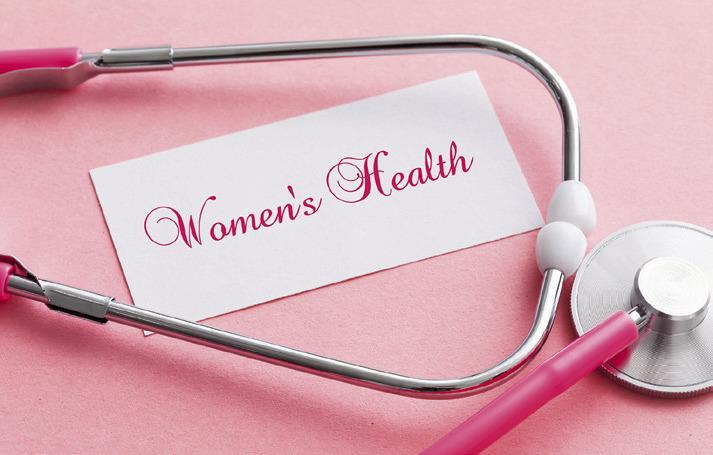
Beyond Kegels: How exercise empowers your journey through perimenopause
Have you wondered, ‘What the heck is going on with my body?’ Have you or someone you know been through — or maybe you’re currently going through — the menopause transition and now you feel lost? Have you been told that you’re “too young” to be going through menopause? Have you felt like there is no hope as you age, and the symptoms of menopause are just some miserable process we get to deal with as women?
Well…while this time in a woman’s life is definitely full of transitions, it doesn’t have to be miserable. You can thrive through perimenopause and beyond.
First of all, what is perimenopause? It is the transition women go through that signifies the gradual decline in hormones. Estrogen and progesterone are the most notable hormones that decline. Surprisingly, perimenopause can begin in early 40s and sometimes in the late 30s for some women, or as late as mid-50s. This means that as we approach late 30s to early 40s, we should prepare our mind and body for this transition.
In addition to discussing hormonal therapies and other medical interventions with your provider, movement, nutrition and supplementation may be the key to navigating this transition.
With the decline of estrogen during this phase of life, the muscles in the pelvic floor can weaken, leading to potential urinary incontinence (unexpected loss of urine). In addition to weakening of the muscles, the tissues may become drier, leading to discomfort and pelvic pain as well as decreased satisfaction with intercourse. Estrogen supplementation may help improve muscle bulk and reduced pain; however, this alone will not help you thrive in the menopause transition.
Movement is crucial for long term health. And, no, Kegels are not the only answer to improving pelvic floor issues in perimenopause. Kegels are only one component of strengthening pelvic floor musculature. The hips and core musculature are crucial in helping women stay strong, healthy and active through this new stage of life.
As we age, our bone health starts to decline. Weight-bearing exercises are crucial to maintaining bone density and avoiding broken bones. Also, things like strength training and weight lifting (no, you won’t get bulky), dancing, yoga, Pilates and other land-based exercise classes are important for long-term bone health and density. Regular strength training is helpful in maintaining core and pelvic floor muscle strength, improving overall fitness and managing stress, which has a huge effect on our hormonal health.
During perimenopause, your hormones are already in a new stage, so reducing the effects of stress can help manage the huge swings that many women experience during the menopause transition.
One of the key ways to reducing stress is through adequate sleep, nutrition and supplementation. Balanced nutrition helps to manage the effects of stress and hormonal changes in the body. By fueling your body effectively for your activity levels and supporting your body systems from the inside out, you help reduce the hormonal shifts that happen during this phase of life. Quality supplements such as magnesium, Omegas and vitamin D, among other supplements, could be helpful in maintaining bone health and balancing hormone health.
Perimenopause should be a phase of life that we enjoy, in which we get to live our lives even more joyfully. It doesn’t have to be a time to be frustrated and feel miserable. Find the right combination of movement, nutrition, supplements and hormone support to help you feel strong, confident, young and vibrant as you approach life’s transition.
Want to learn more about menopause? Join me, Dr. Nicole Laird, an expert in women’s health physical therapy and owner of Hays County Physical Therapy and Wellness, for a talk on “Marching In To Menopause: How To Navigate Changes Feeling Vibrant, Strong and Confident” on Thursday, March 28 from 6 – 7:30 pm. Seating is limited, so sign up at bit. ly/HCPT-Menopause; message us at info@hayscountypt. com; or give us a call at 512-268-9130.
If you’ve missed the deadline, you can still speak to one of our experts by reaching out to us by phone or email with the subject: Menopause.











